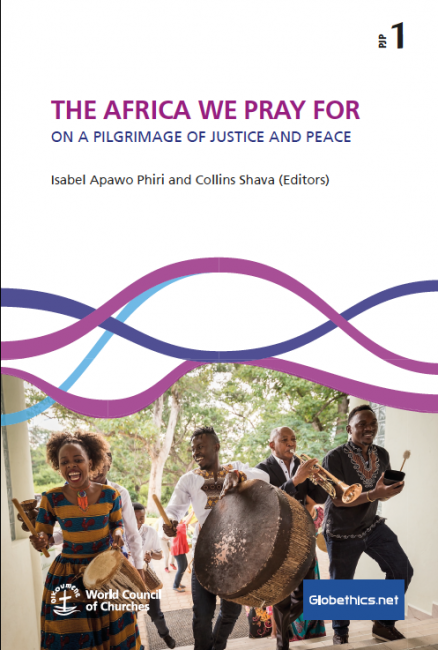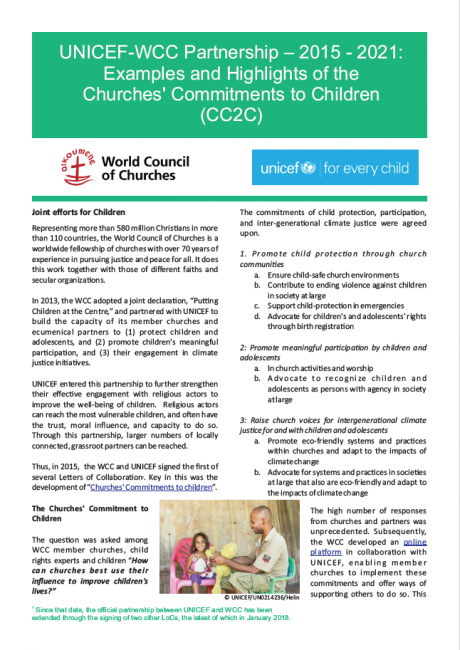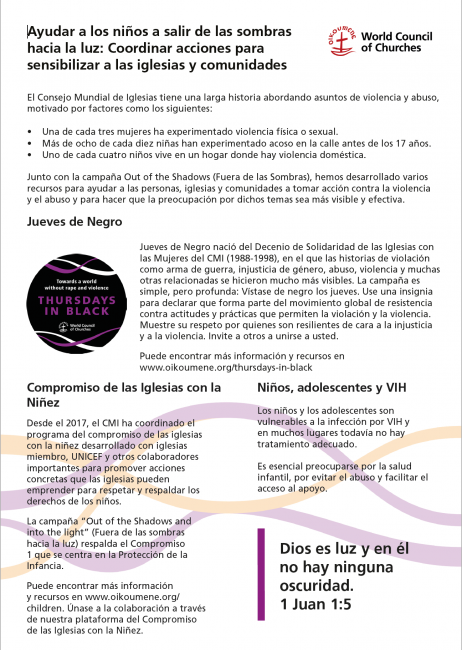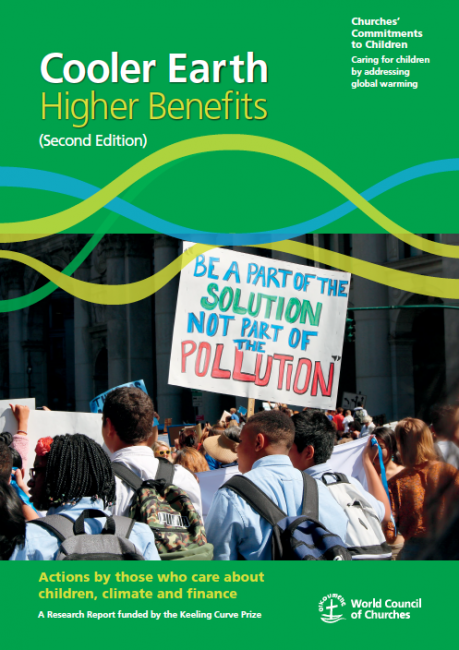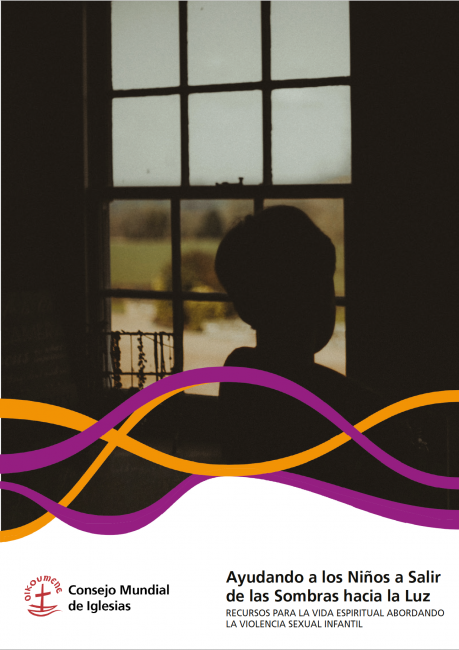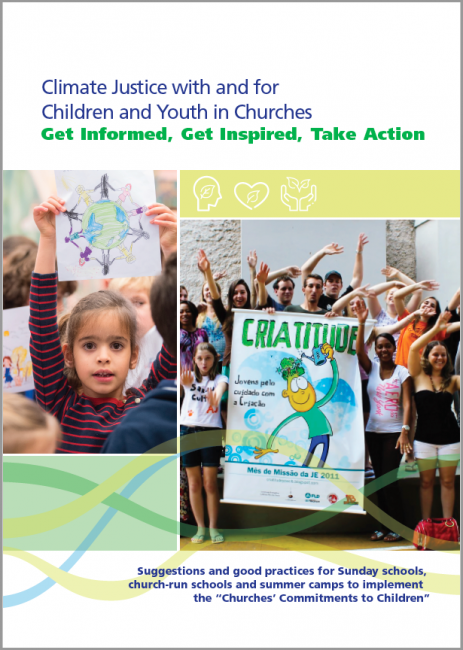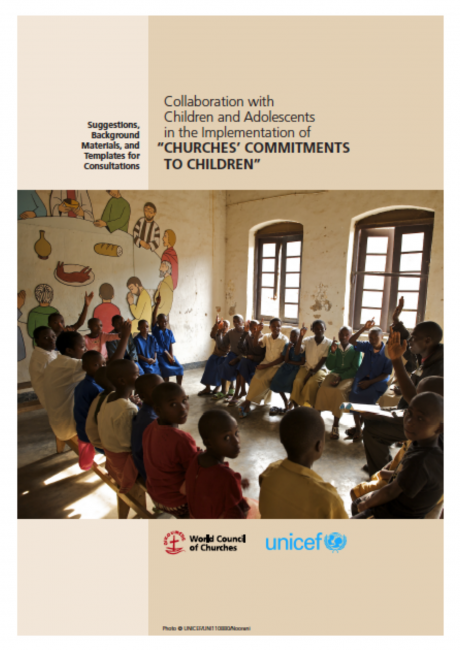Displaying 1 - 20 of 20
Actions by those who care about children, climate, and finance
16 August 2022
Ecumenical International Youth Day 2021 Event Toolkit
Young People and Climate Justice
06 August 2021
Helping Children Out of the Shadows and Into the Light: Poster
Church Resources For Ending Sexual Violence Against Children
15 July 2021
Thursdays in Black sheet: Helping Children Out of the Shadows and into the Light
Linking actions to raise awareness in churches and communities
15 July 2021
Cooler Earth – Higher Benefits Second Edition
Actions by those who care about children, climate and finance
02 July 2021
Cooler Earth - Higher Benefits
Actions by those who care about children, climate and finance.
20 November 2020
Helping Children Out of the Shadows and Into the Light: Brochure
Church Resources For Ending Sexual Violence Against Children
04 November 2020
Helping Children Out of the Shadows and Into the Light: Spiritual booklet
Resources For Spiritual Life Addressing Sexual Violence Against Children
04 November 2020
Climate Justice with and for Children and Youth in Churches
Get Informed, Get Inspired, Take Action
25 October 2020
Collaboration with Children and Adolescents in the Implementation of “Churches’ Commitments to Children"
Suggestions, Background Materials, and Templates for Consultations
25 October 2020

